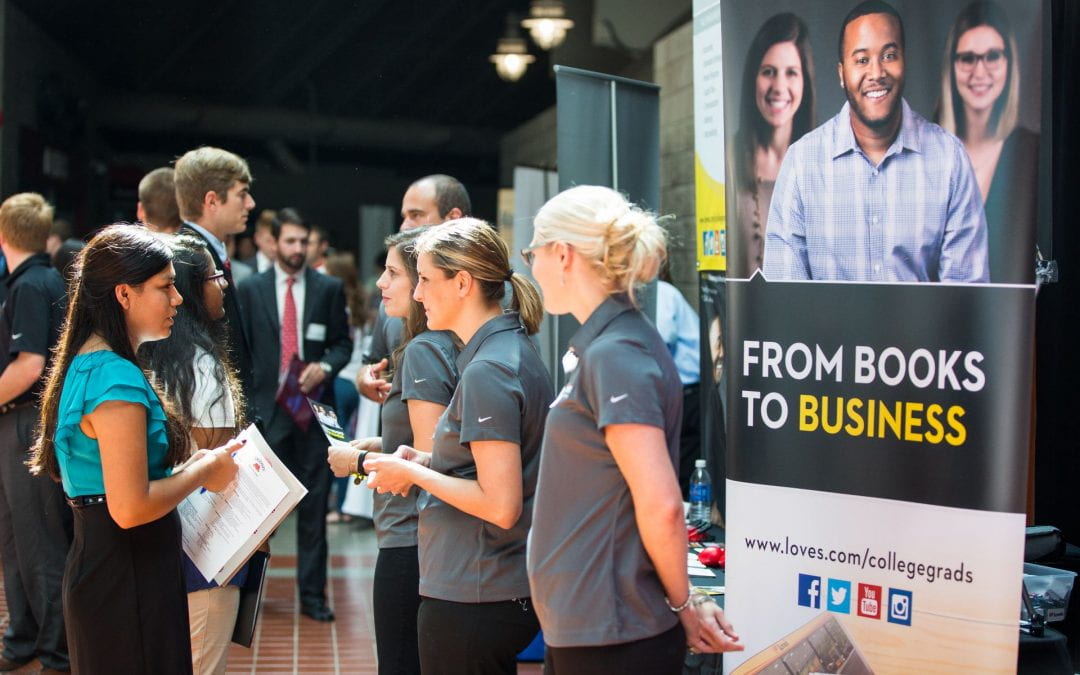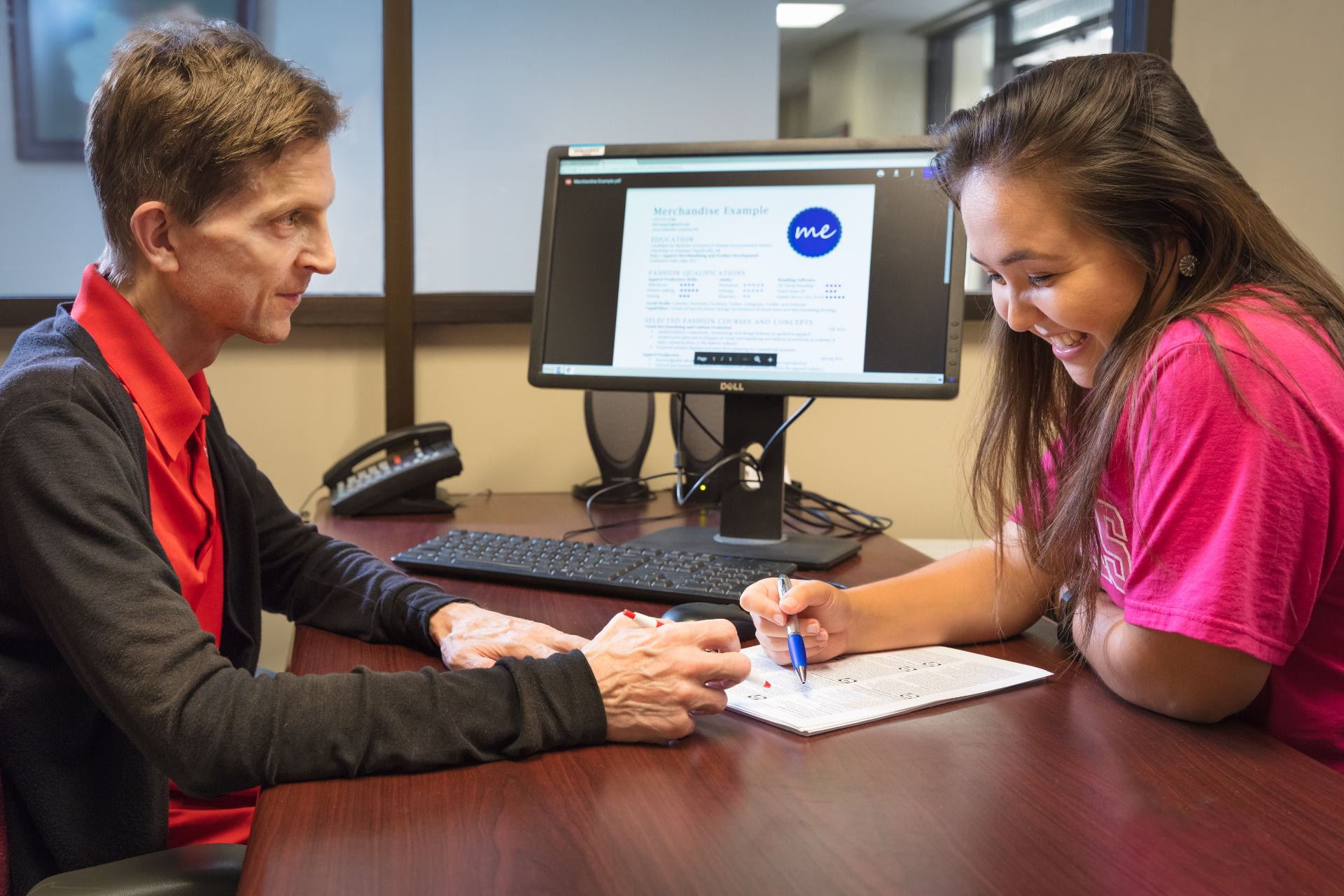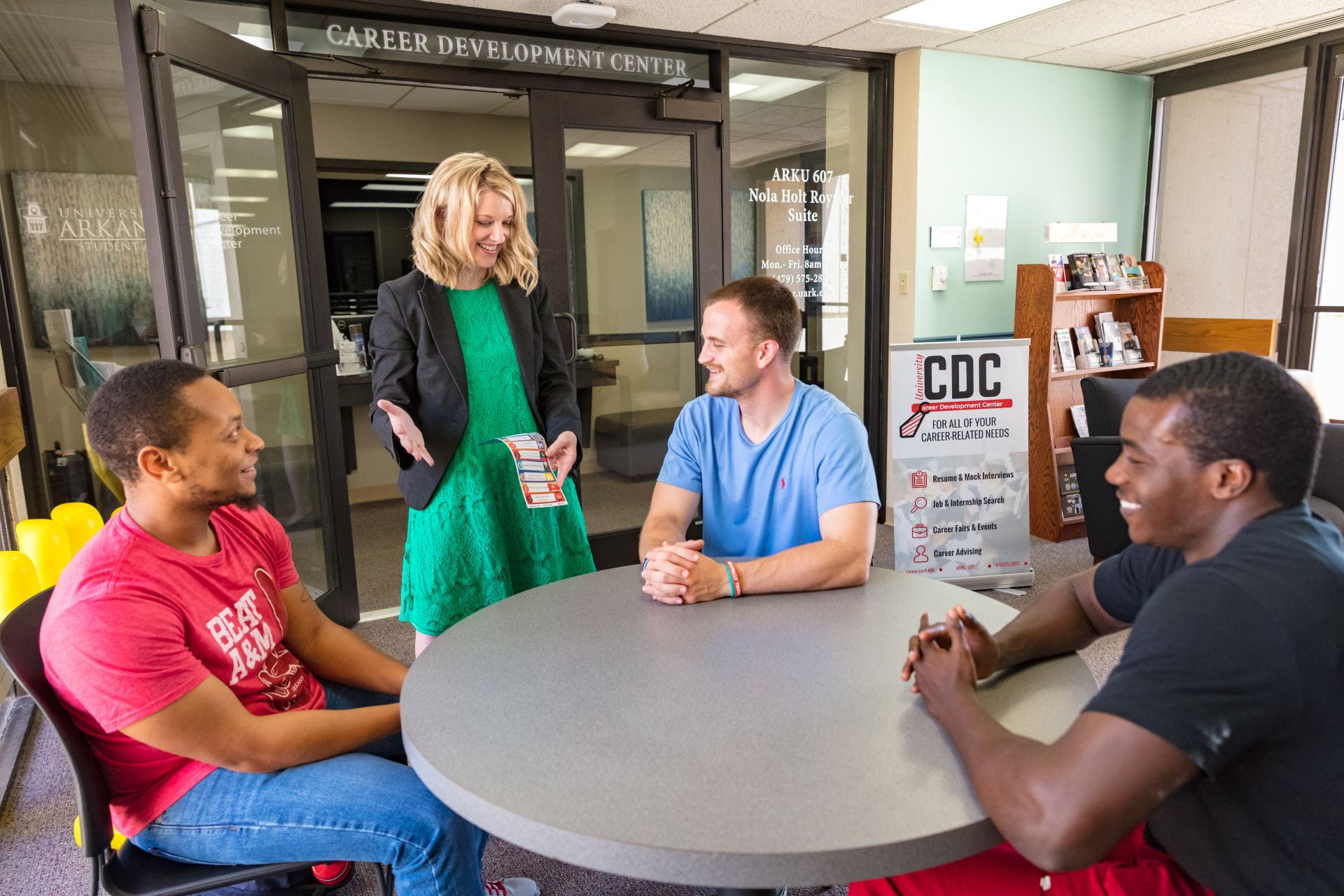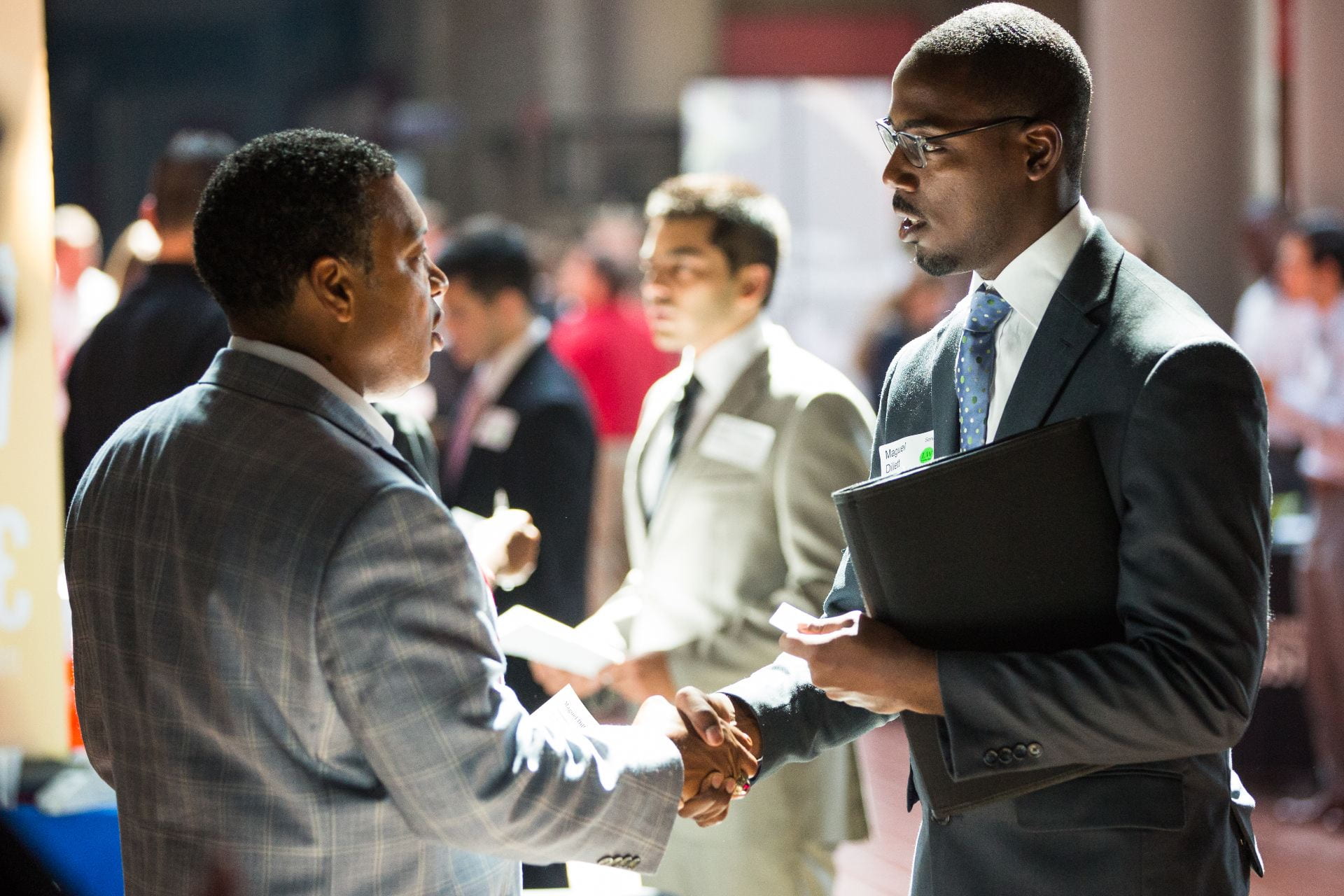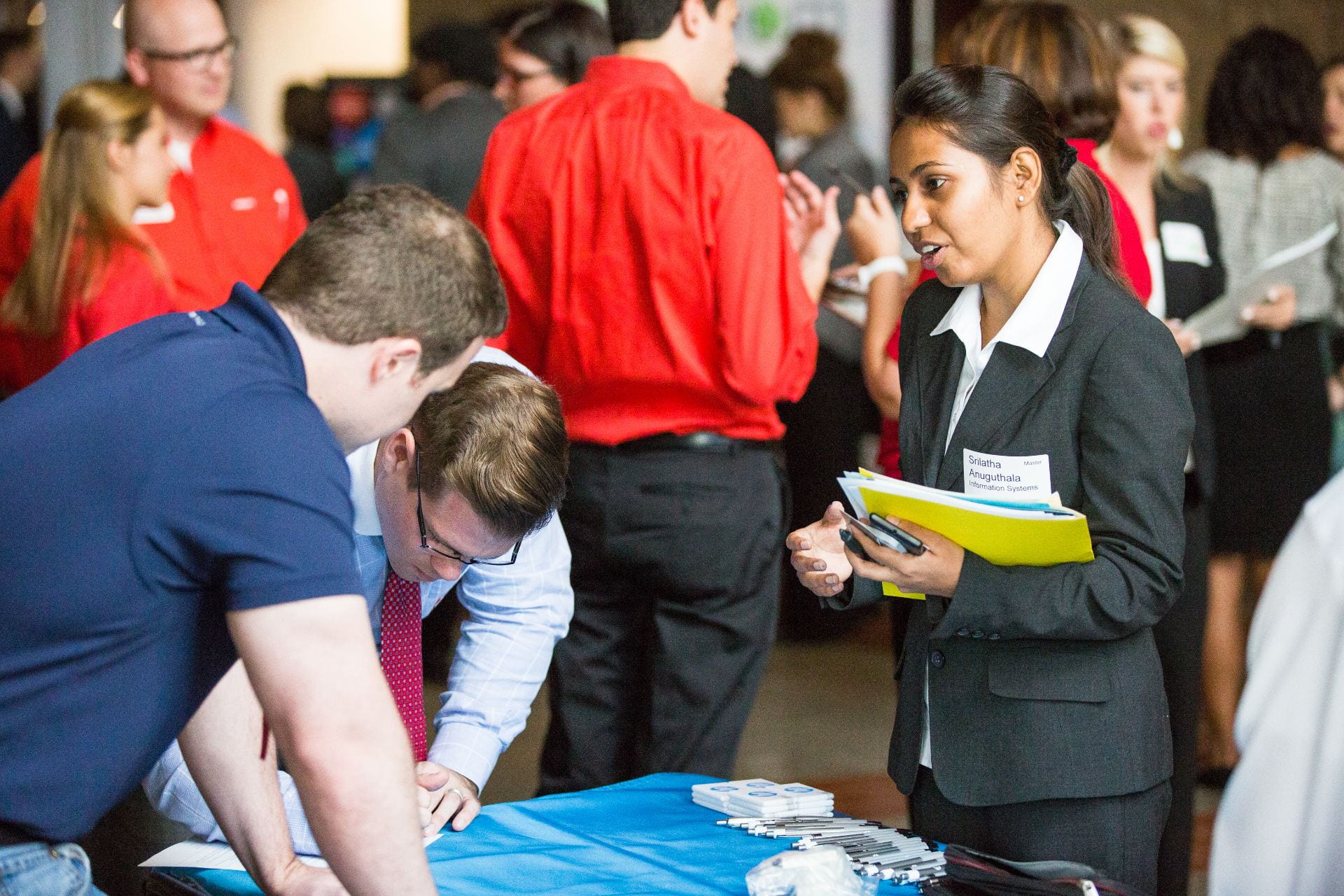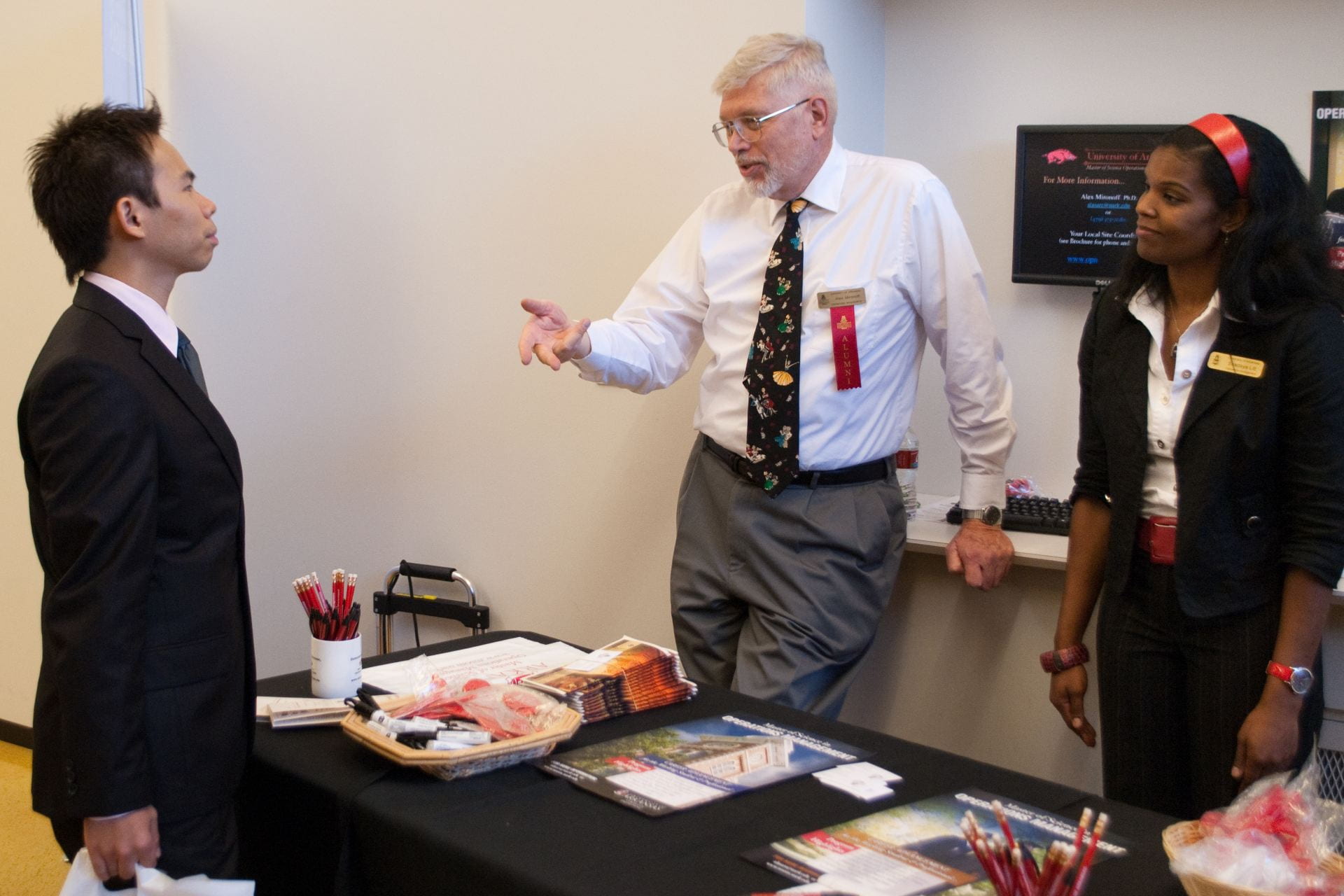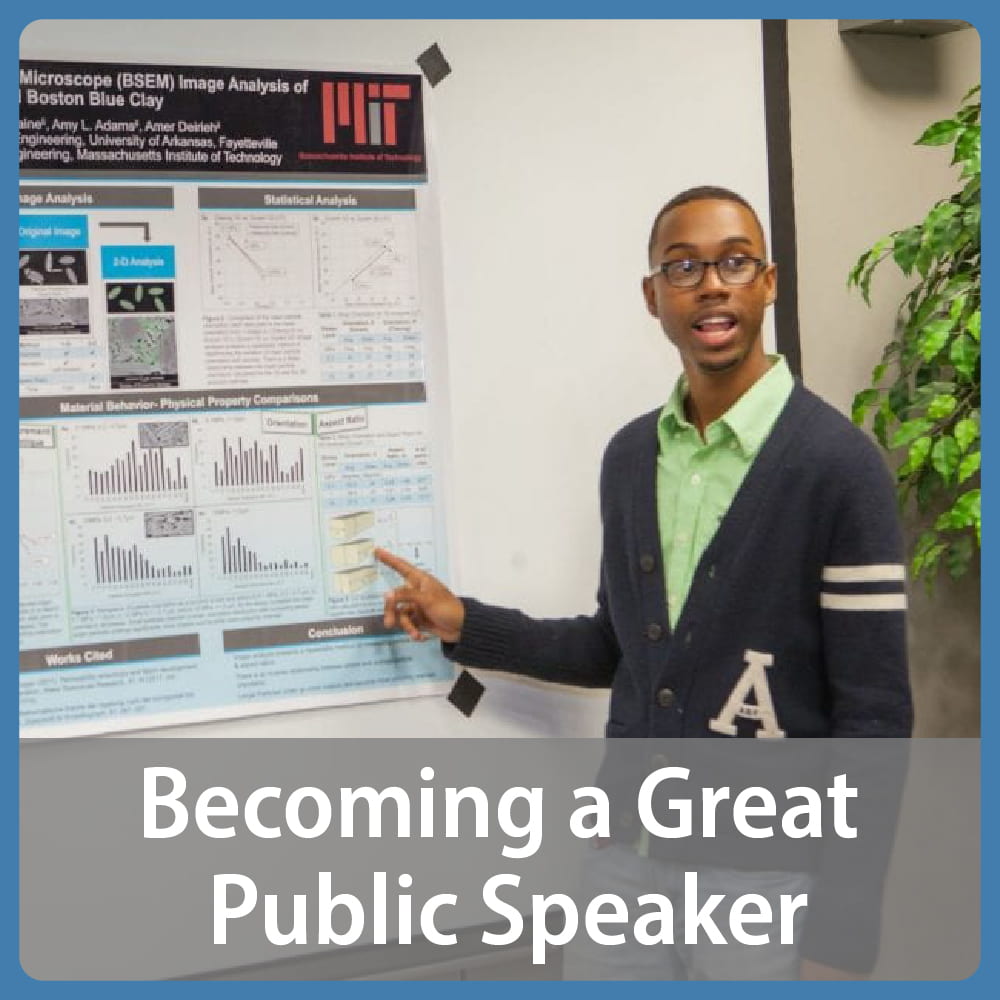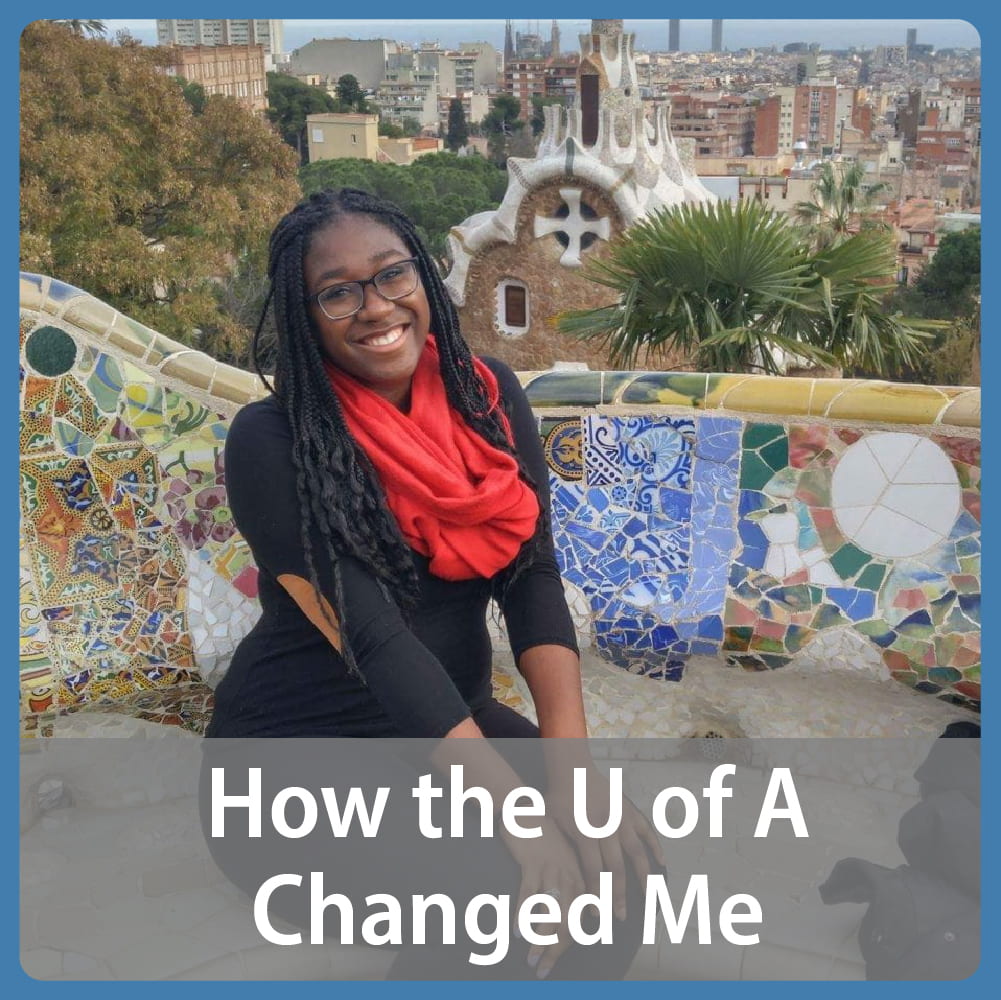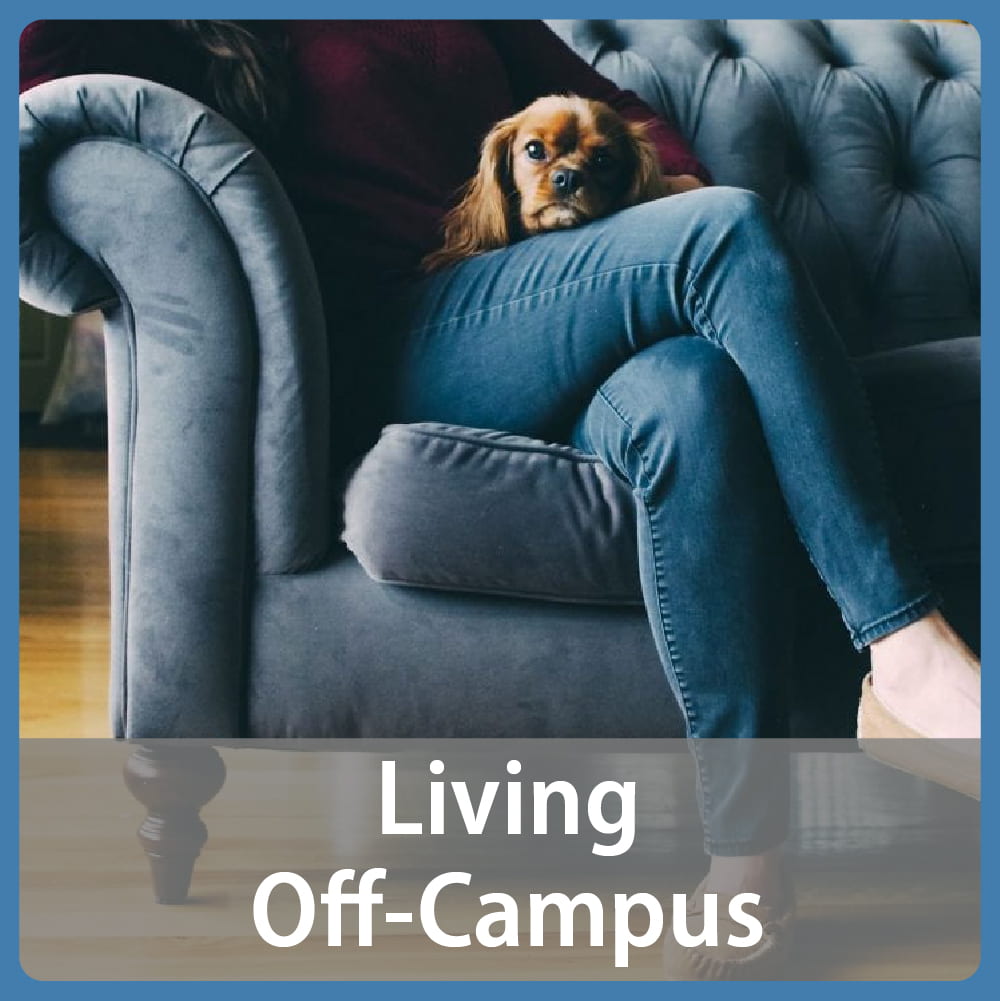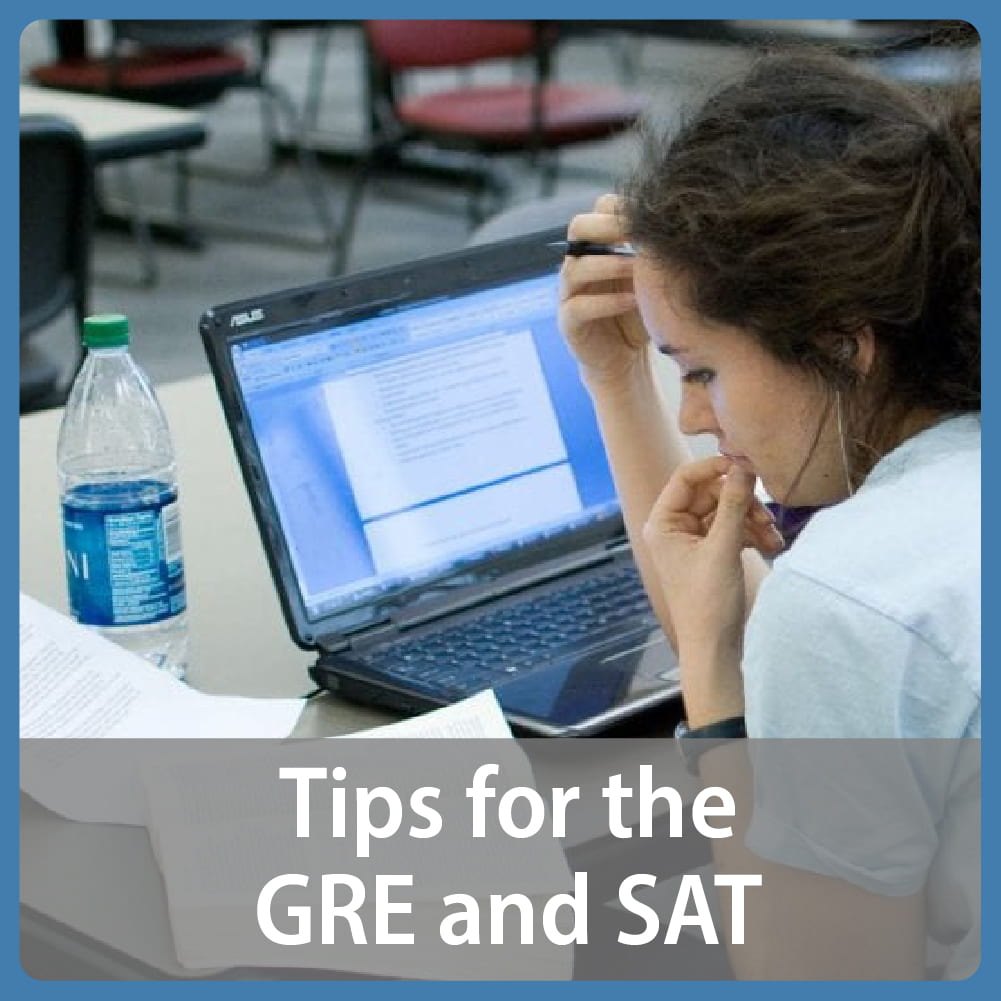By Quincy Carpenter
It is important to develop your job interview skills early in order get a step ahead in the hiring process and become a professional in your field.
Once you finish as a graduate student, you will go into the professional world with an advanced degree, but a good resume does not always get you the job. How you present yourself in the job interview is the employer’s first look at you up close – and can be a deal-breaker if the first impression does not sit well. These tips from the Career Development Center at the University of Arkansas, as well as my own experience, should help you prepare for the interview process!
Practice Makes Perfect
The Career Development Center (CDC) at the University of Arkansas focuses on helping students feel prepared for the job market, which includes sprucing up your job interview skills, resume building, crafting effective cover letters, and general career counseling.
However, nothing beats the real thing. One of the most effective preparation tools they offer: you can practice in a mock interview by scheduling an appointment at the CDC and get instant feedback from a career counselor. The career development specialist will also go over your cover letter and resume to make sure that they meet the standards of the position for which you are applying.
Resume and cover letter reviews also are available for walk-ins most Wednesdays from 9AM-12PM and 1PM-4PM during the fall and spring semesters. This is a great resource to use to practice job interview skills and make sure you are ready for your big moment!
After every job interview you have, make sure you note to yourself what you did well and what you could have done better, while it’s still fresh in your memory. This will help you become more self-aware and will ensure that you don’t make the same mistakes in the next interview.
Project Confidence
Sometimes, we tend to undervalue our achievements, but as a graduate student, you should have confidence in your abilities because you have put in so much work and energy to obtain a Master’s or PhD in your filed of study! George Winter, a U of A Career Counselor, says that you should use your education and experience as leverage in an interview–sell yourself! You have a lot to offer, likely more than you might think. When you go into a job interview, confidence should be displayed the moment you enter the building.
Always shake hands and make eye contact with your interviewers, and say your name with pride! When the employer sees this, it shows that you belong, believe in yourself, and are not afraid of the moment. Having confidence comes with practice – it is not natural for everyone, but can be developed by everyone. When you have practiced your skills for job interviews, you will be more at ease and have confidence in every answer you give.
When asked a question during the job interview, look the employer in the eyes and speak clearly and with conviction. Take your time and think about what you are going to say, and elaborate on your skills as much as possible–be prepared to answer with specific examples of situations where you have excelled or solved a problem!
George says, “Be prepared for behavioral questions [such as] “What would you do in this situation?” or “How would you react if this happened?” Always keep a few anecdotes on hand because your potential employer will want to know specifics about how you’ve solved problems or behaved in certain contexts. As George says, it’s important to promote that you have the skills needed for the job.
At some point, George suggests steering the conversation toward yourself as this will raise the employer’s interest in your success and career goals.
Professionalism Is Everything
First impressions are very important in job interviews and as George points out, it’s important that the impression you make lasts! You want your future employer to remember you. Dress in full business attire and make sure that all grooming is taken care of. Make sure to mind your manners and be courteous to everyone you meet!
Professionalism also has a lot to do with your knowledge of the company. A big tip that I learned during my own job interview experiences is to do your research and get to know the company to which you are applying. For example, when I was hired as a Student Ambassador of the Graduate and International School, I showed that I knew a lot about the graduate school and the University of Arkansas as a whole, which showed that I would be a good fit for a position that involved speaking often about those subjects. Having knowledge of where you are applying to shows the employer that you did your homework and are eager to start in the job!
George says, “Effective communicators connect. Be connected with the person you are talking to,” so as to show that you’re a person whom the interviewers would like to have on their team. They are not just choosing a qualified candidate – they are also choosing a colleague who they will interact with on a daily basis.
Always bring several copies of your resume with you along with questions you’ve prepared beforehand to ask at the end of the interview. When you ask questions about the company, you are starting a dialogue between you and the interviewer. It shows the employer that you are passionate about what you can bring to the table and how you can benefit the company.
The questions you ask your potential employer should focus on the company’s mission, core values, how they treat their employees, objectives and goals they want to reach, and how they see the position for which you are interviewing fit within their company.
I would wait until you are extended a job offer to ask about promotional opportunities or any salary-based questions. You always want to show that you can be a part of the team first. Once you put in the work, the salary and promotional questions will be easier to talk with your employer about.
After the interview, make sure to shake hands and express gratitude for the interview and the employer’s time! Make sure to send a thank you card after the interview is over. Leave your contact information on the card so they can connect with you and have you for future reference.
I hope that this helps and I will be keeping my fingers crossed for your next job interview! Go get ’em!

